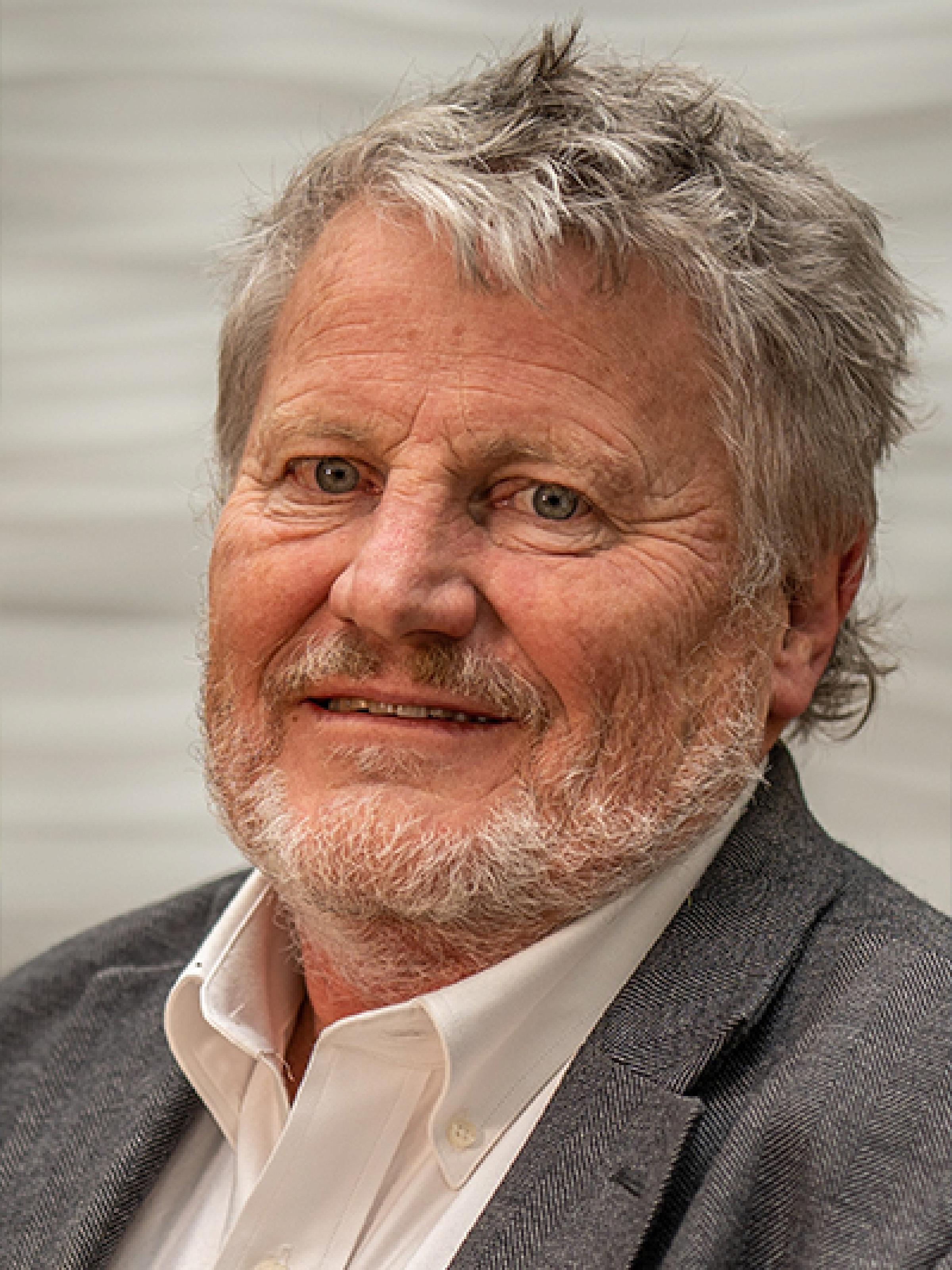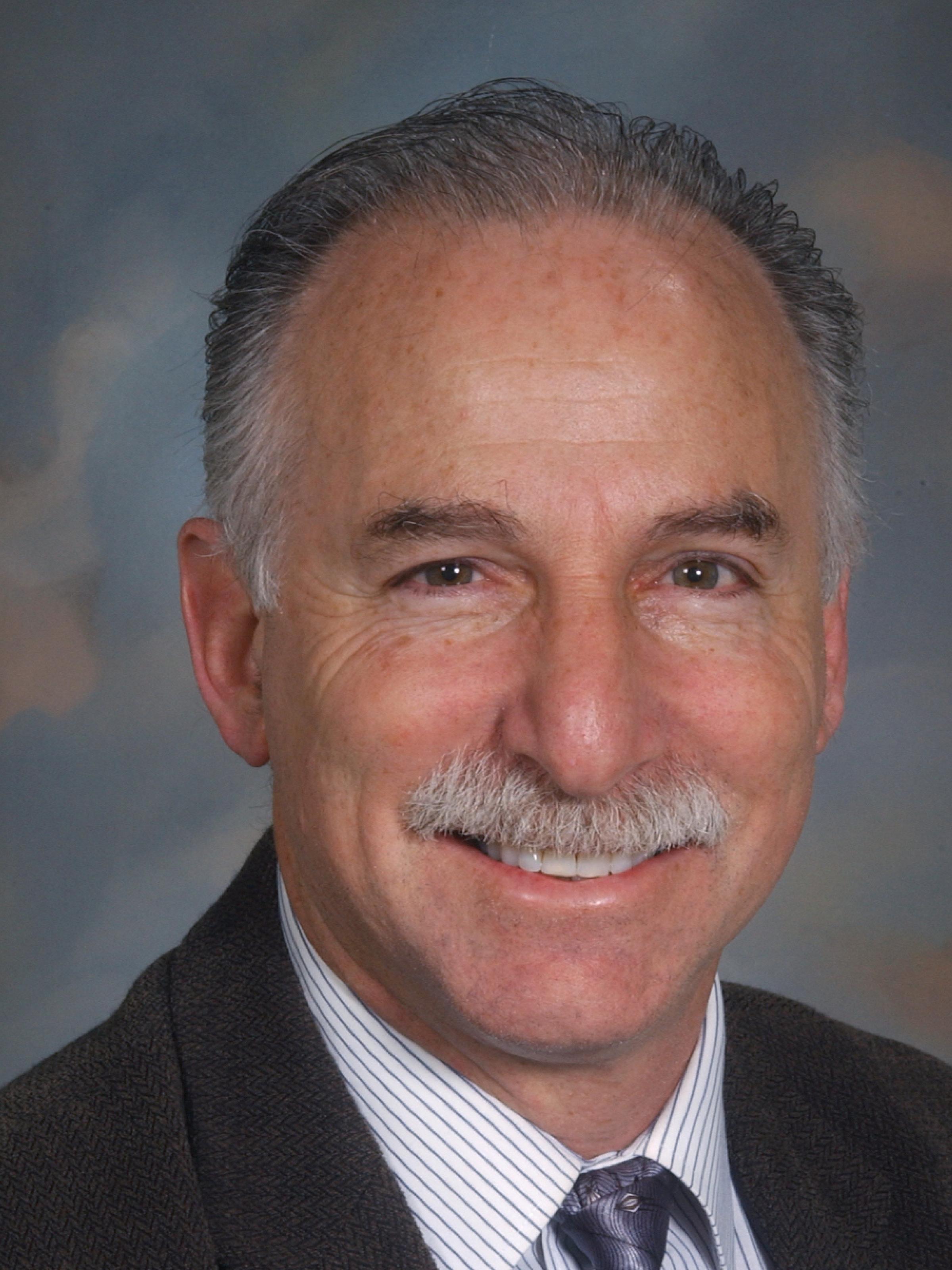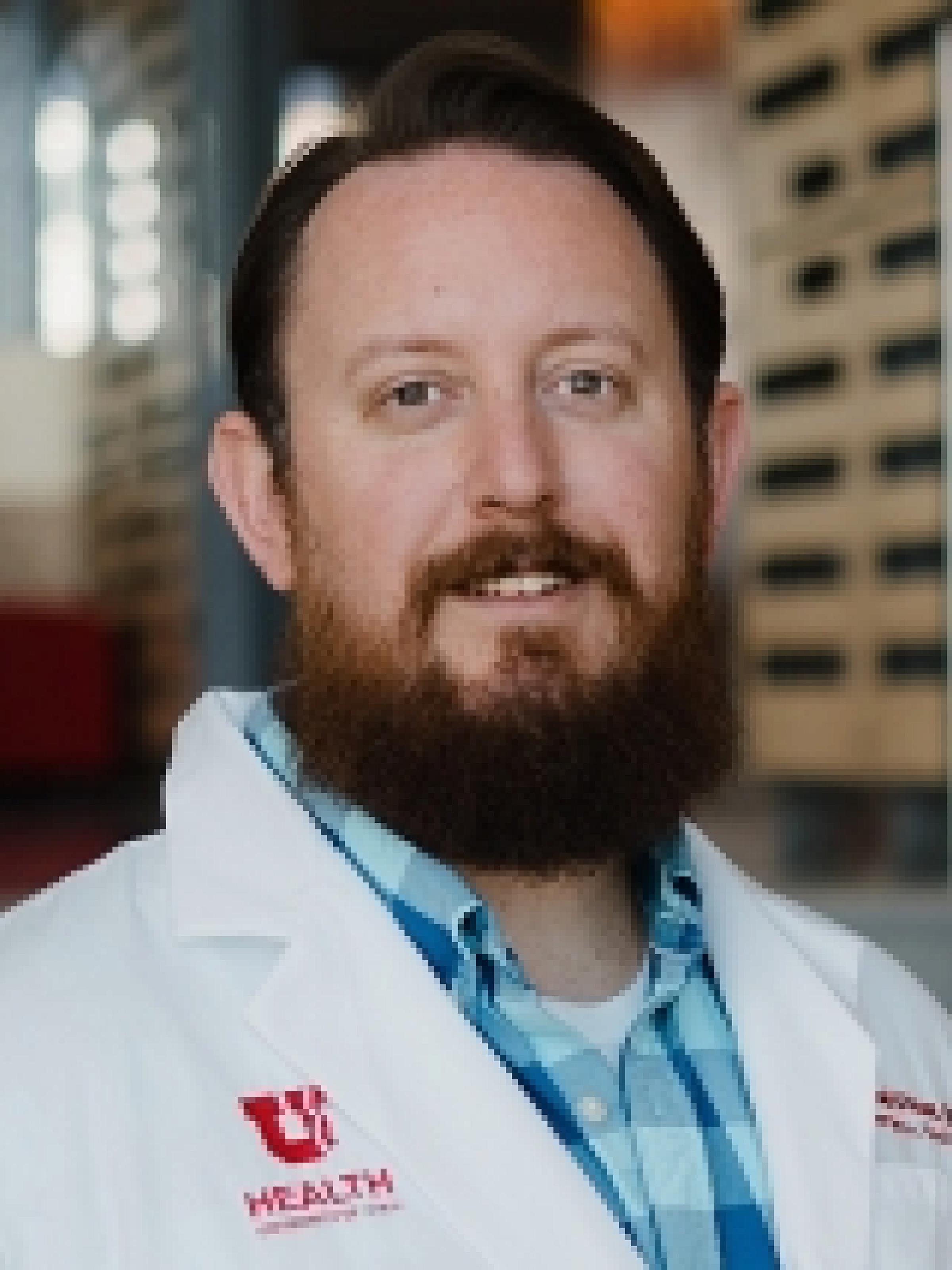
Center for Medical Cannabis Research - Leadership
The University of Utah is seeking a nationally recognized cannabis researcher, to serve as the Director of the Center for Medical Cannabis Research (CMCR), a state-sponsored center created by the Utah State Legislature through House Bill 230 during the 2023 legislative session. The Director will organize, implement, and oversee scientific and administrative aspects of the CMCR, in partnership with the Senior Vice President of Health Science Research Unit (SVPHSRU) senior manager, the steering committee, external advisory board, and key collaborators. Download the full job posting here, and see below for overview.
The Director will develop and implement a wide range of strategic, proactive, and capacity building activities that enable and enhance cannabis-related research, as well as coalesce researchers to inform health care providers, lawmakers, and the general public about evidence-based practices for medical cannabis.
Please send a cover letter, current CV, and research statement (3-pages max) to Valerie Ahanonu. Reference letters will be solicited after an initial screening process. Contact: Valerie Ahanonu, Senior Manager, CMCR
The successful candidate may be recruited as a tenure-track Associate Professor or Full Professor in one of the following schools, colleges, and departments:
- School of Medicine Internal Medicine (Epidemiology)
- Anesthesiology
- Population Health Sciences
- Family & Preventative Medicine
- Obstetrics/Gynecology
- College of Pharmacy
- College of Nursing
Successful candidates will have an outstanding record of research productivity in cannabis research which may include any of the following areas, but is not limited to:
- Investigating the whole or parts of the Cannabis sativa plant, cannabis extracts or enriched extracts, cannabinoid compounds extracted and derived from cannabis extracts, non-cannabinoid constituents of cannabis, synthetic cannabinoids, and the components of the endocannabinoid system (the signaling pathways in the body activated by cannabinoids)
- Clinical, public health, medical cannabis program related
- Development of innovative approaches to addressing medical cannabis’ therapeutic risks and/or benefits
- Exploring the analgesic properties of cannabinoids and its constituents
- Contraindications, drug-drug interactions, adverse effects, risk of cannabis use disorder
- Research related to the potential health effects of various cannabis delivery methods, including vaporizing, ingesting, topical application, and combustion
- Novel cultivation, synthesis, and production techniques or frameworks to support research, regulation, and standardization
- Addressing social, healthcare systems, policy and economic aspects related to medical cannabis access, use and regulations
The Director will lead the strategic planning and execution of the CMCR. In addition, this role will serve as a liaison for CMCR engagement and interactions with the Office of the President’s government relations staff and legislative bodies. The ideal candidate will lead committees focused on assessing the impact of advancements within the field and communicating evidence-based research and outcomes to the legislature and public, participating in appropriations request development and testimony, and ensuring alignment and strategic implementation of H.B. 230 directives.
The Director for CMCR should also display strengths in the following areas:
- Strong leadership capabilities with an interest in creating multidisciplined teams including cannabis researchers across Utah’s academic institutions
- Expertise in a breadth of cannabis related research
- Prior experience developing a successful research center or a collaborative cannabis research program
- Experienced in setting strategic direction/vision, implementation, and execution
- History of successful extramural grant funding (ideally display consistency in receiving NIH grant funding, including collaborative grants)
- Interest in developing faculty and training mentorship opportunities
- Foster a collaborative and translational approach to research creating a culture of fairness and belonging in H.B. 230
- Strong communication skills
- Ability to lead, implement, and oversee legislative directives as noted
- Maintain organizational goals and budgetary oversight
- Engage and seek feedback from key stakeholders and oversee committee/board activities and involvement
- Work with senior manager and research associate to organize evidence-based literature reviews and develop plans for dissemination to researchers, providers, policymakers, and the public
- Lead research committee in developing medical cannabis best practices and guidelines for implementation in the medical cannabis program • Serve as an institutional representative to the university, community, external visitors, and lawmakers and may provide information and analysis to support formal partnerships with external entities
- Identify federal and philanthropic opportunities for funding and work with faculty researchers to develop research/clinical/community teams interested in responding to funding opportunities
- Oversee the development and execution of the annual seed grant program to catalyze innovative cannabis research concepts
- Work with senior manager to develop community engagement events (ie. annual symposium, workshops, seminars, etc.) maintaining oversight of budgetary requirements
- Create networking and collaborative research opportunities with external partners and national cannabis research centers
- Complete annual evaluations and reporting activities to the SVPHS and DHHS
Applicants with PhDs, MDs, or other Clinical Doctorates in a diverse array of disciplines will be considered.
The successful applicant will also have access to outstanding research services (e.g. Utah Population Database, Clinical & Translational Science Institute, etc.), access to clinical data from the Medical Cannabis Outcomes Research Evaluation (MCORE) team and the ability to leverage resources from the Center for Human Toxicology (CHT).
Valerie Ahanonu, BS
Senior Manager for the Center for Medical Cannabis Research
Gerald Cochran, MSW, PhD
Professor, Department of Internal Medicine, Division of Epidemiology
Bruce Bugbee, PhD
Director, Crop Physiology Laboratory; Professor, Crop Physiology, Department of Plants, Soils and Climate, Utah State University
Perry Fine, MD
Professor, Anesthesiology, School of Medicine; Faculty, Pain Research Center; Attending Physician, Pain Management Center, University of Utah
Meeyoung Min, PhD, MSW
Associate Professor & the Belle S. Spafford Endowed Chair in Women and Families, College of Social Work, University of Utah
Michael Moss, MD, FAACT
Michael Moss, MD, FAACT, Medical Director, Utah Poison Control Center; Assistant Professor, Department of Emergency Medicine, University of Utah
Misty Smith, PhD
Co-investigator, Anticonvulsant Drug Development (ADD) Program; Research Assistant Professor, Department of Pharmacology & Toxicology; Assistant Professor in the Oral Biology, Medicine, and Pathology, Section of the School of Dentistry,
Deborah Yurgelun-Todd, PhD
Professor, Psychiatry, Department of Psychiatry; Vice Chair, Research, Huntsman Mental Health Institute, University of Utah
Karen Wilcox, PhD
Professor & Chair, Department of Pharmacology &Toxicology, Department of Biomedical Engineering, University of Utah
Guangzhen Wu, PhD
Assistant Professor, Department of Sociology, University of Utah









